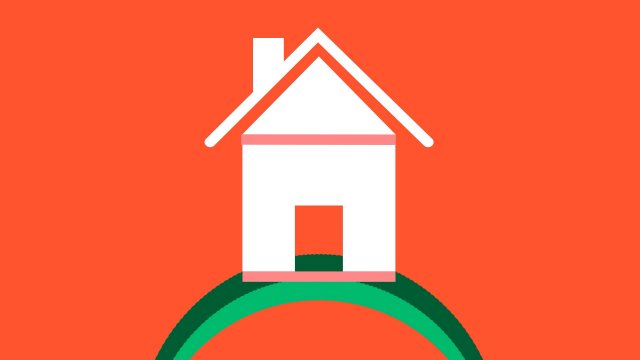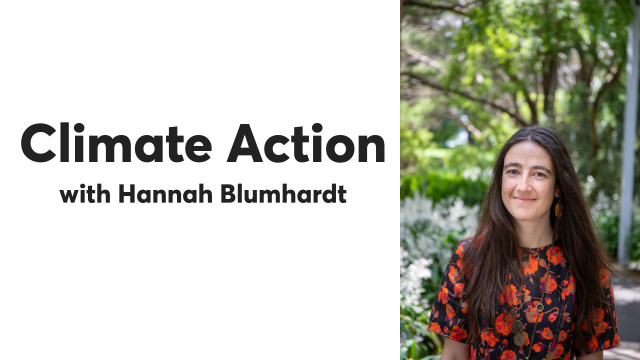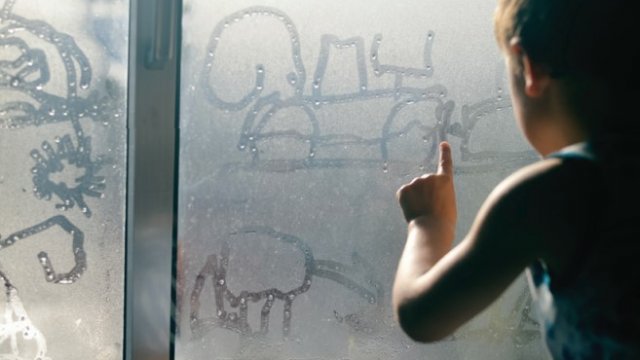Climate Action: Warmer Kiwi Homes programme expanded and extended
23/06/2023 11:04am
Extra funding has become available that will see the Warmer Kiwi Homes project continue until 30 June 2027 with a raft of additions, which will help more individuals and whānau with the cost of living through lower energy bills.
The aim is to assist homeowners and community members most in need to improve the insulation, heating effectiveness, and overall energy efficiency of their homes, while also improving health and reducing emissions through lower electricity consumption.
The current programme is expanding with the addition of the following:
- Grants for low-cost energy efficiency measures, such as LEDs and low-flow showerheads.
- A community-focused outreach approach to target hard-to-reach qualifying households.
- Basic home repairs to bring homes up to a standard to be able to accept Warmer Kiwi Homes interventions.
- Hot water efficiency improvements (including hot water heat pumps), targeted to large owner occupier households to maximise benefits and cost of living support.
- A mass market subsidy to reduce the upfront cost of purchasing LED light bulbs.
Planning for how Warmer Kiwi Homes will deliver these new elements is now underway, and EECA (Energy Efficiency and Conservation Authority) will announce it once it is ready to roll out.
EECA expects weathertightness repairs to be introduced in the 2024/25 year, but funding for LED lightbulbs and hot water heat pumps will likely be available by the end of 2023.
The Warmer Kiwi Homes programme plays a role in New Zealand’s broader climate change response by targeting residential energy efficiency, reducing emissions, enhancing climate resilience, improving public health, and promoting sustainable behaviours. Nelson City Council has contributed more than $600,000 to the programme since it began in 2014.
Benefits
By retrofitting insulation into existing homes, we improve the overall standard of the regions’ properties and residents’ health. The positive effects of improved insulation in homes are:
- Reductions in energy, decreasing our overall household carbon footprint.
- Reduced incidence of respiratory illness (such as colds, flu, asthma.
- Fewer hospitalisations and doctors’ visits.
- Fewer days off work and out of school.
What the grants cover
80% of the total cost of ceiling and underfloor insulation.
Up to 80% of the cost of an approved heater. This could be a heat pump or an efficient wood/pellet burner for the main living area. In the Whakatū Nelson region Warmer Healthier Homes Te Tauihu Charitable Trust contributes towards the balance, so the cost might be covered up to 90%-100%.
How many houses in Nelson have used this funding?
In the last year, 157 Nelson homeowners received grants that covered between 80-90% of the cost of ceiling and underfloor insulation for their residential houses, or towards approved heaters. 1449 Nelson households have taken advantage of this funding since the project began.
There are still many eligible homeowners in Nelson
Data indicates there is around three years’ work ahead to insulate all eligible homes under the current criteria. You will qualify if you (the owner) have a Community Services Card or live in an area identified as lower income. Check to see if you qualify by entering your address online at eeca.govt.nz/warmer-kiwi-homes-programme/check-eligibility




